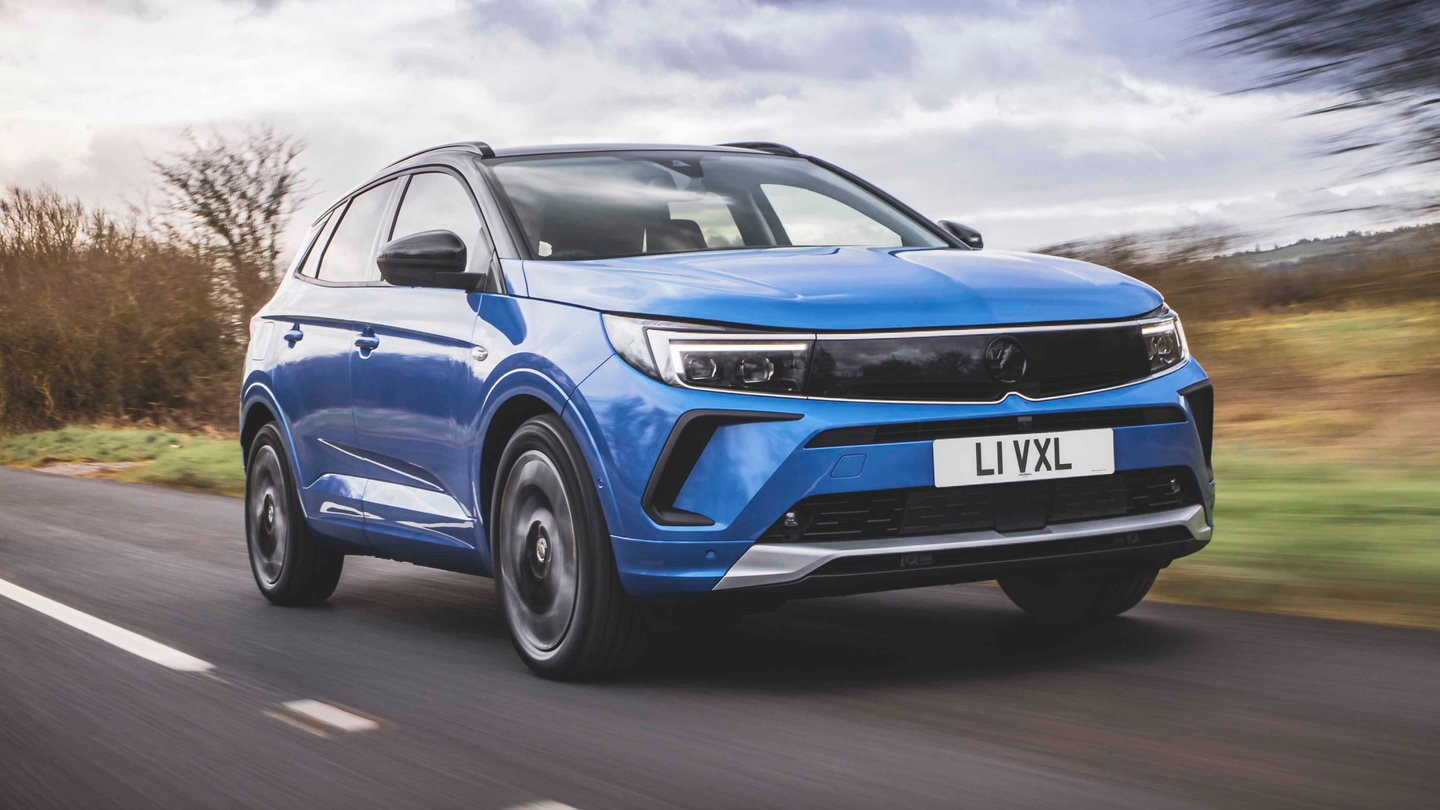Any mention of electric cars on social media will cause a primitive, tribal response – either that electric cars are the saviour of humankind or that they’re being pushed onto us against our precious free will.
This guide lays out the pros and cons of electric cars, so you can decide whether an EV will suit you based on your actual life and driving habits. No bias, no exaggeration, just straight up facts and friendly advice.
Benefits of electric cars
- Smooth driving experience
- Speedy acceleration
- Better for your local environment
- Convenient if you have a home charger
- Usually cheaper to run than fuel-powered cars
- Servicing should be cheaper than an engine-powered car
- Great value on the used market
- Most let you schedule charging and preheat the cabin
Disadvantages of electric cars
- Hard to charge if you don’t have a driveway
- Having a home wallbox installed can be expensive
- Limited range on some models
- Heavy
- Expensive to buy as a new car
- You’ll need to budget a little more for insurance and tyres
Should I buy an electric car? Will it work for me?
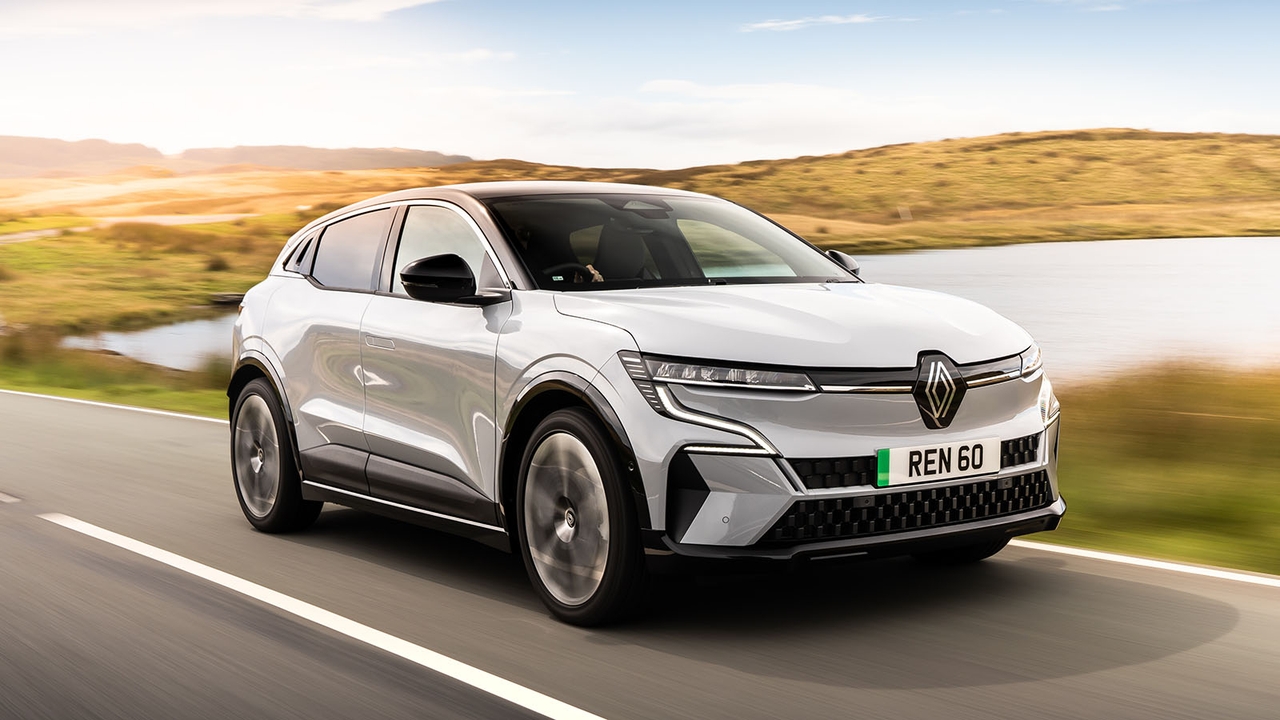
Electric cars will definitely suit your lifestyle if you have a regular place to charge and you mainly drive in urban or suburban areas. They’re convenient to charge from a home wallbox, and many EVs will do more than 200 miles on a full charge – and you’re almost certainly going to want to stop before then on a long journey.
If you’re happy to use public chargers and plan your journey ahead of time, electric cars can absolutely work for repeated long journeys. There’s no mechanical reason why electric cars aren’t suited to racking up hundreds of thousands of miles on motorways. However, using public chargers can be expensive and time-consuming, so we’d still recommend a diesel car for mega motorway mileage.
For drivers without a dedicated off-road parking spot, it’s harder to live with an electric car, but not impossible. You’ll need to work out whether you can run a cable from your house to your car without causing a hazard to pedestrians, or if you can rely on local chargepoints when you need to top up.
Driving
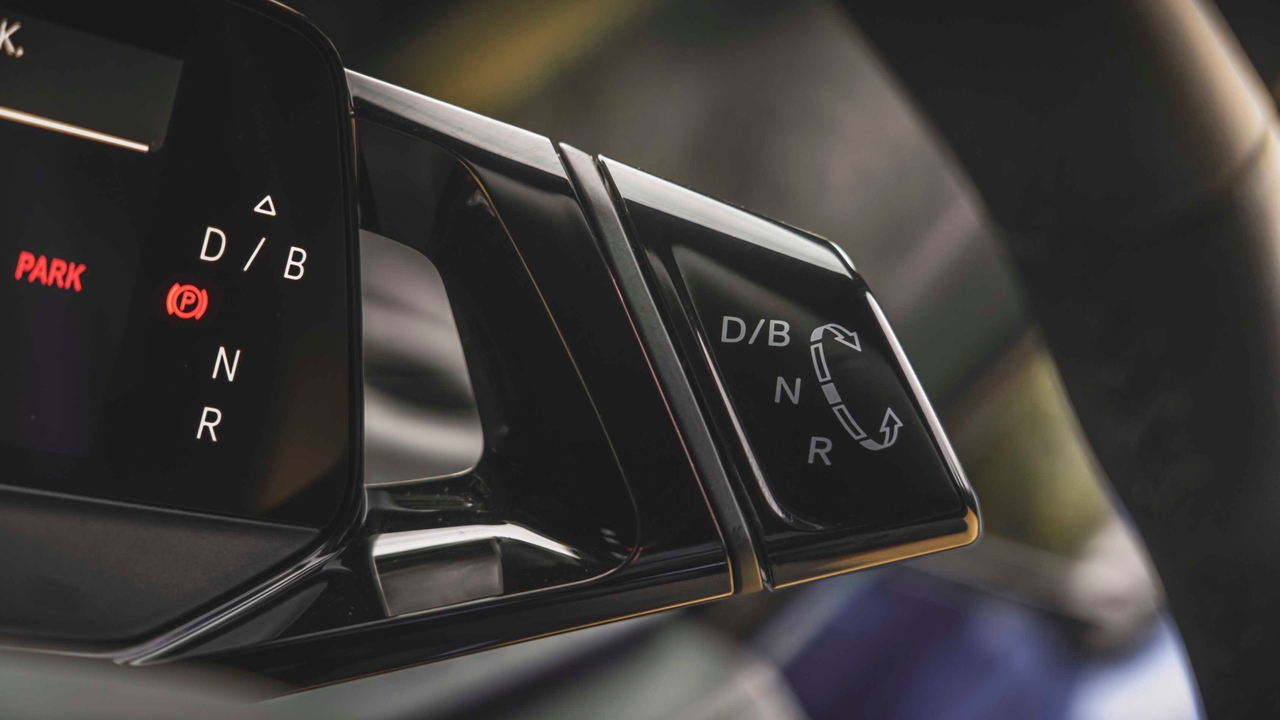
All electric cars have an automatic gear selector. Besides Neutral or Park, you’ve either got forwards or backwards to choose from. Electric cars don’t have gears, so there’s no gap in power like you’d get in a petrol or diesel car – just linear, smooth acceleration.
Engines typically offer maximum power high up the rev range, whereas an EV’s electric motor offers maximum power immediately. As a result, most EVs are much quicker off the line than engine-powered cars. Acceleration in an EV is strongest at lower speeds but usually isn’t as gut-punchingly strong at motorway speeds.
Electric cars typically offer brake regeneration. When you come off the accelerator, the car may slow down more quickly than you expect. Energy that would be lost during braking is harvested to top up the battery – so electric cars are remarkably efficient in stop-start traffic, unlike engine-powered cars. The strength of the brake regeneration – or how quickly you slow down when you take your foot off the accelerator – can usually be adjusted. You might prefer less regeneration on the motorway, for example.
It soon becomes natural to use the brake regeneration. Some EVs offer ‘one-pedal’ driving, where the regen braking can slow you down right to a stop. You’ll still use the physical brakes for emergency stops, but most day-to-day driving situations can be done just with the accelerator.
Range – how much do you really need?
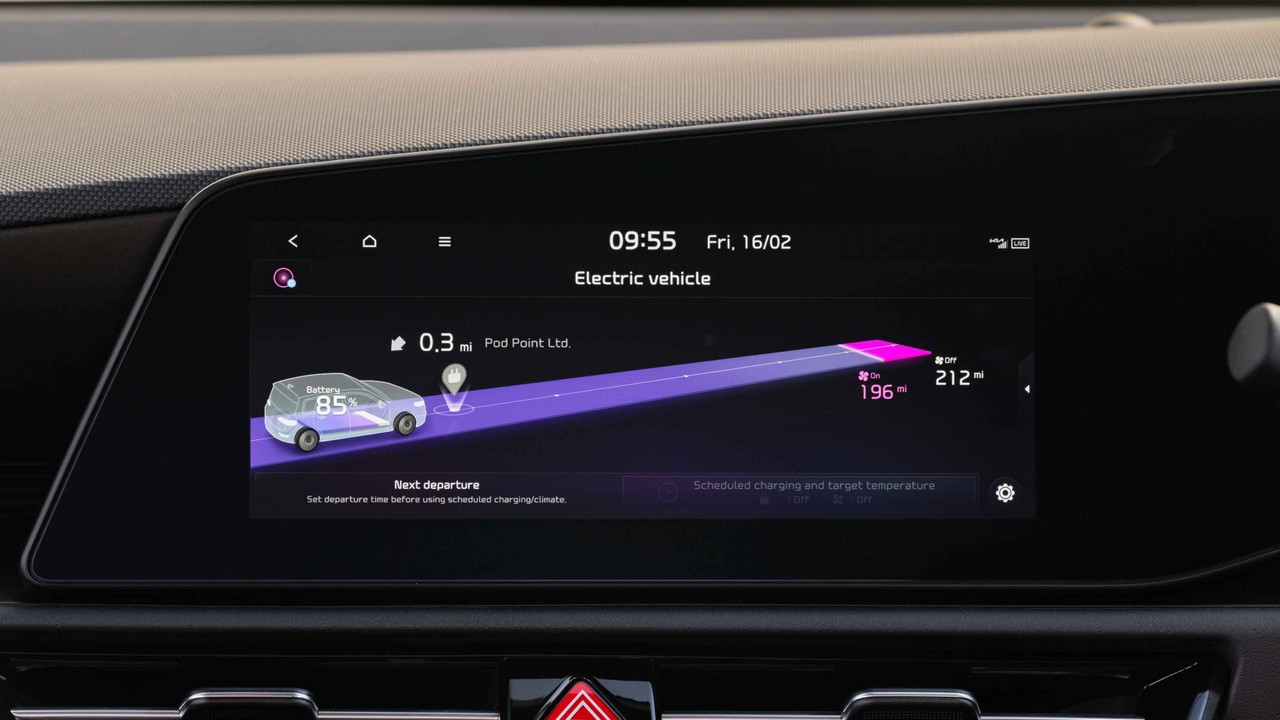
How far an EV will go on a charge is the main figure many buyers are concerned with. While it’s true that the vast majority of EVs can’t go as far as a fully fuelled petrol or diesel car, there’s almost certainly an EV with enough range to suit your needs. Considering the average UK commute is a round trip of 30-40 miles, even a car with 150 miles of range will only need to be charged every few days.
Many EVs can manage over 200 miles between charges, while an increasing number can crack 300 or even 400 miles. Read our guide to the longest-range electric cars here.
It’s worth noting that the range figures you use to compare EVs are usually estimates based on test data. In reality, how much range you get depends on where you drive, how you drive and the outside temperature. Electric cars that don’t have a heat pump will be less efficient in colder weather, and therefore you can expect your range estimate to drop slightly in winter.
While it’s true that electric cars might not give you their maximum quoted range figures, the same is true for petrol and diesel cars. It’s incredibly difficult for most combustion-engine cars to reach their quoted miles-per-gallon (mpg) figures, which means their range estimate is lower than what you’d achieve if the car was returning its quoted mpg figures.
Charging
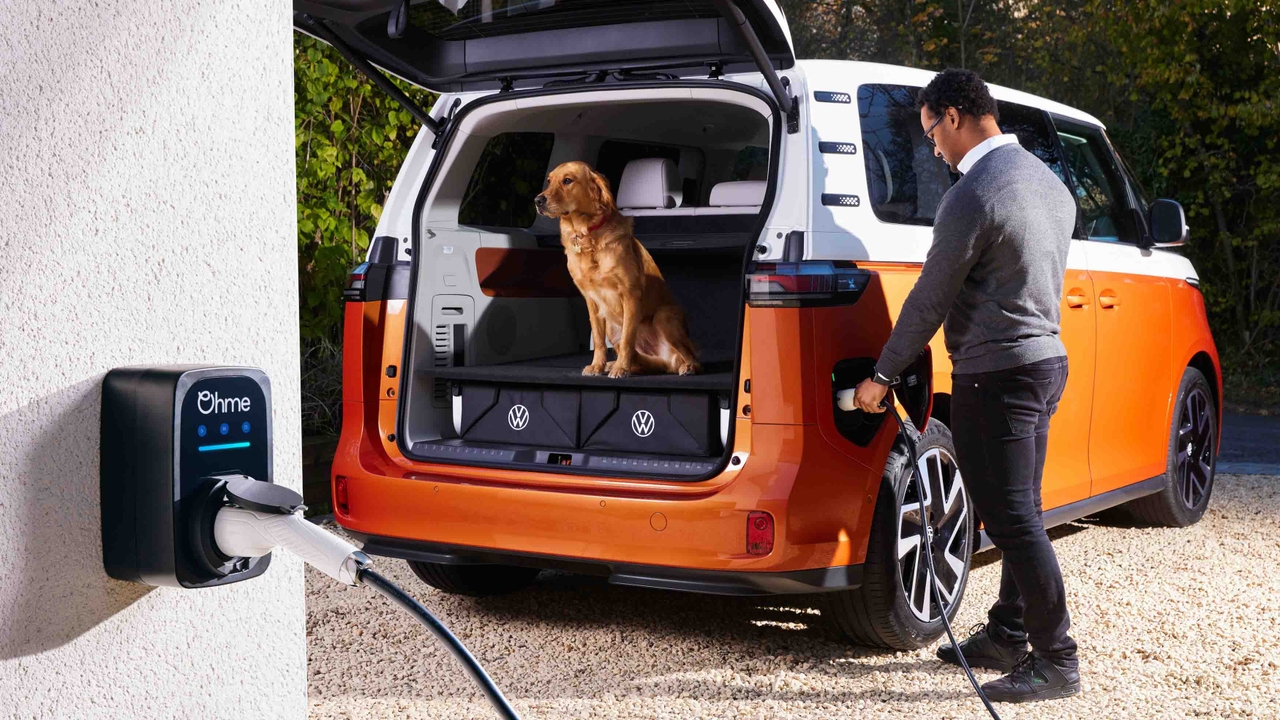
The best way to charge an electric car regularly is to do so from a home wallbox, which usually gives around 7kW of power. At this rate, most EVs can be fully charged at home overnight – so you can wake up to a full battery every day if you wish, or limit the charge to 80% to maximise the lifespan of the battery. Many drivers find this very convenient – plug in when you get home and unplug when you leave for work.
Most electric cars have an accompanying smartphone app. Usually, you can schedule when you want charging to start or finish – handy if you know you have cheaper electricity costs in the early hours of the morning. You’ll also be able to pre-condition the cabin, meaning you can set the temperature you want it to be inside the car from your phone – perfect for cold wintry mornings or scorching summer days.
Almost all electric cars offer some sort of fast-charging capability – the Peugeot e-2008 can charge at a maximum rate of 100kW, for example. You’ll not always see this maximum rate – it’s dependent on the charger you’re connected to, outside conditions and the state of the battery. You don’t have to stick to chargers rated less than 100kW, however. If you plug in to a higher-power charger, the car and charger will work it all out and the charger won’t give more electricity than the car can take.
Read our full guide to charging an EV at home and about the different EV charger types.
Electric car prices
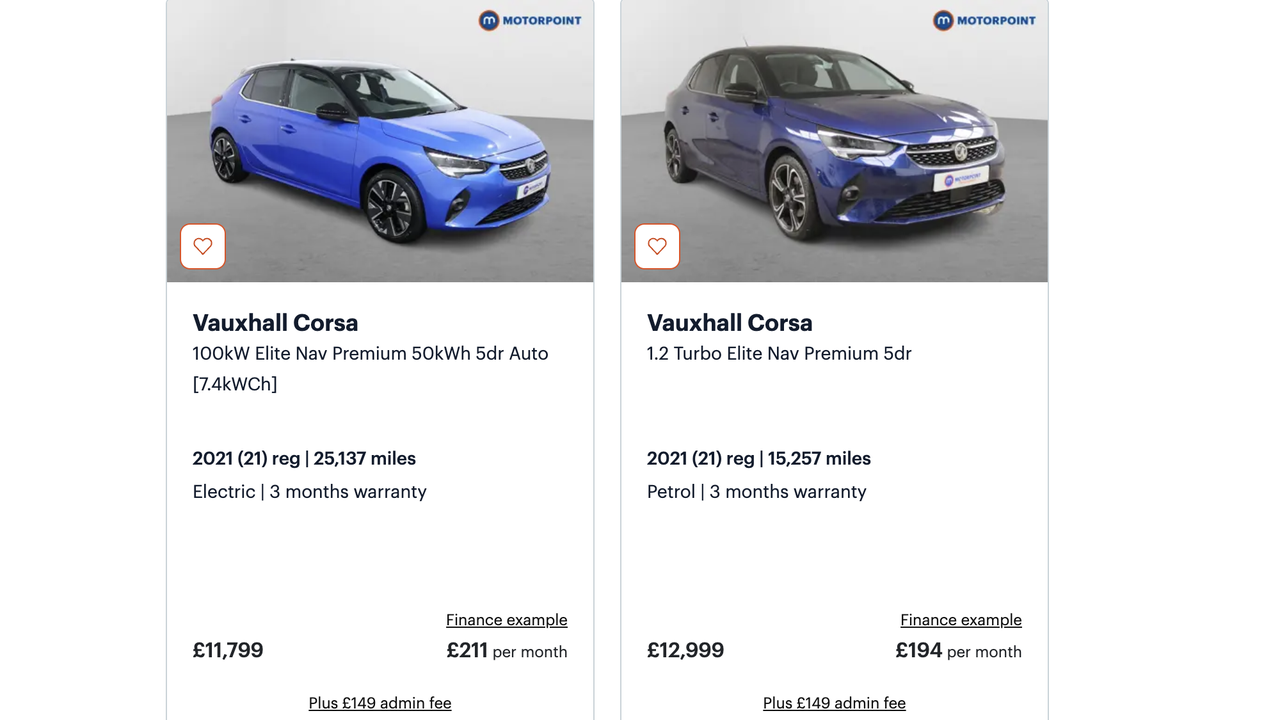
Electric car technology and powerful battery packs are still expensive, and that’s reflected in the cost of new EVs. Often, a new electric car will be as much as £10,000 more than an equivalent petrol model so, even with lower running costs, it’ll take a long time for private buyers to break even.
Company-car drivers are the main users of brand new electric cars, thanks to huge tax cuts that make running an EV a no-brainer. A petrol car might cost several hundred pounds a month in tax for business users, whereas an EV costs under £50.
Electric cars are often fantastic value on the used market. At the moment, many used electric cars are now similar prices to a petrol equivalent after just a couple of years on the road. So, whether you’re after a frugal family car or a second car runabout, you’ll find huge savings versus new cars by searching the used market.
An electric car’s depreciation (how much value it loses) is steepest in the first year. Almost as if buyers are telling carmakers how much they’re willing to pay… But, as our guide to electric car depreciation shows, they won’t continue to lose money at the same sharp rate – in fact, the amount of value an EV loses per year becomes very similar to an equivalent petrol or diesel car.
Electric car running costs – are they lower than a petrol car?
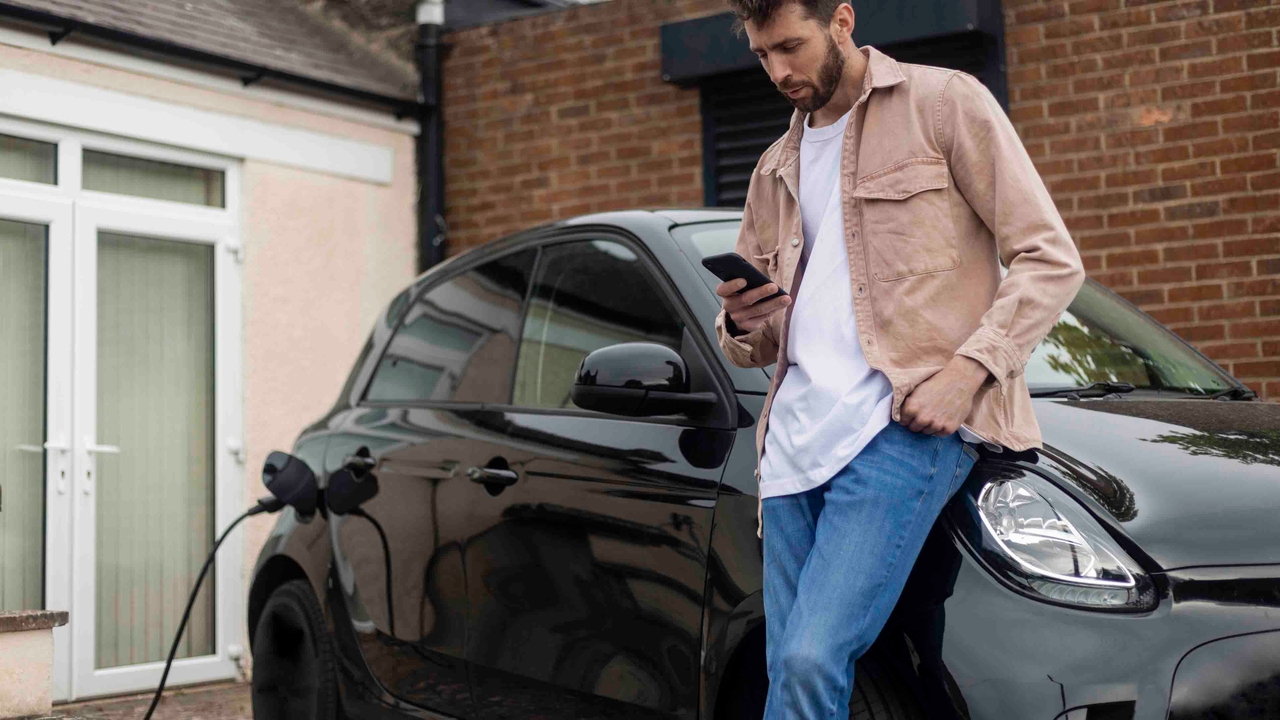
We’ve got a more in-depth guide to electric car running costs here, but the topline is that electric cars are generally cheaper to run than petrol or diesel cars – especially if you can charge at home. Take advantage of an EV-specific home electricity tariff and you can usually fully recharge overnight for less than £10. The size of the battery and the car’s efficiency (usually measured in miles per kWh, or mi/kWh) affect how much an EV costs to recharge.
The cost of electricity varies drastically depending on where you charge. It’s cheapest at home, but some motorway service station chargers can be five or 10 times as expensive – at which point there’s little difference in cost between an EV and a petrol car. A figure like 80p/kWh might not sound like much but, if you have a car with a large battery, that can quickly add up.
You can expect insurance costs to be higher for an electric car than an equivalent petrol one, due to the extra cost of the electric powertrain and higher repair costs. Electric cars now have to pay VED (road tax) from April 2025, including an extra ‘expensive car supplement’ if the car costs over £40,000 – VED can be paid monthly if you’d like to spread the cost.
Electric cars should cost less to service and maintain because they have fewer moving parts. Brakes can potentially last the lifetime of an electric car if you use the regenerative braking a lot.
Bear in mind that the heavier and more powerful an electric car is, the harder it is on tyres – so a performance EV might wear through its tyres quicker than you might expect.
Are electric cars good for the environment?
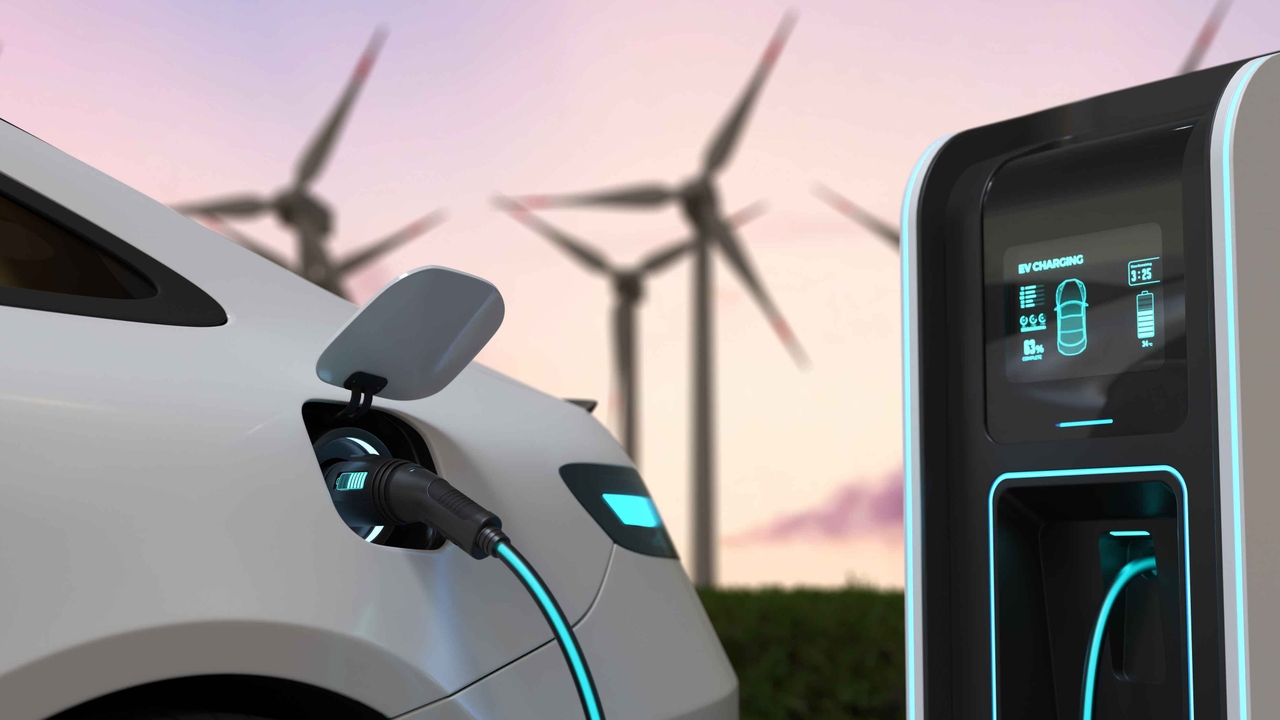
Electric cars are good for your immediate environment, as they produce no local exhaust emissions. Delve deeper than that and it’s a tricky question to answer. The battery contains materials that are mined in faraway countries and shipped across the globe, and it takes a lot of energy to make a car. Some energy providers say they only use 100% renewable energy for electricity, but their claims can be hard to back up.
As with any car, electric cars produce minute amounts of particulate matter as the tyres and brakes wear away, so we can’t say that electric cars are truly emission-free.
Will the battery need replacing? Will my EV catch fire?
Electric car batteries are expensive, and you won’t want to be footing the bill for a new one. But worries about battery longevity are largely exaggerated – EV batteries should last the lifespan of the car or longer if treated well, and battery tech is improving all the time. Buy a modern EV and you shouldn’t need to worry about it at all – most EVs are covered by an extensive battery warranty.
As for electric car fires, they really aren’t worth worrying about at all. Especially if you’re currently driving around in a fuel-powered car that relies on flammable liquid being exploded multiple times a second. A study by the Swedish Civil Contingencies Agency shows that electric cars are 20 times less likely to catch fire than a petrol or diesel car.
Find the used electric car for you at Motorpoint
- Best cheap electric cars
- Best small electric cars
- Best electric family cars
- Best electric hatchbacks
- Best electric SUVs
- Best electric 4x4s
- Best 7-seat electric cars
- Best electric estate cars
- Best electric luxury cars




